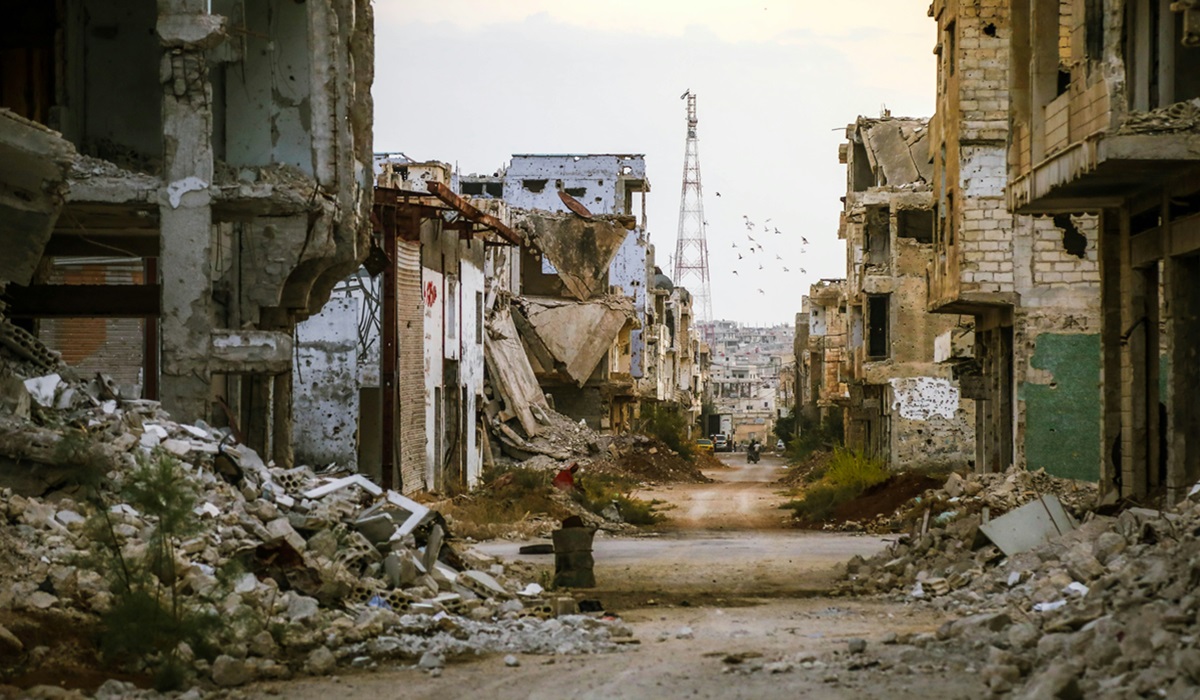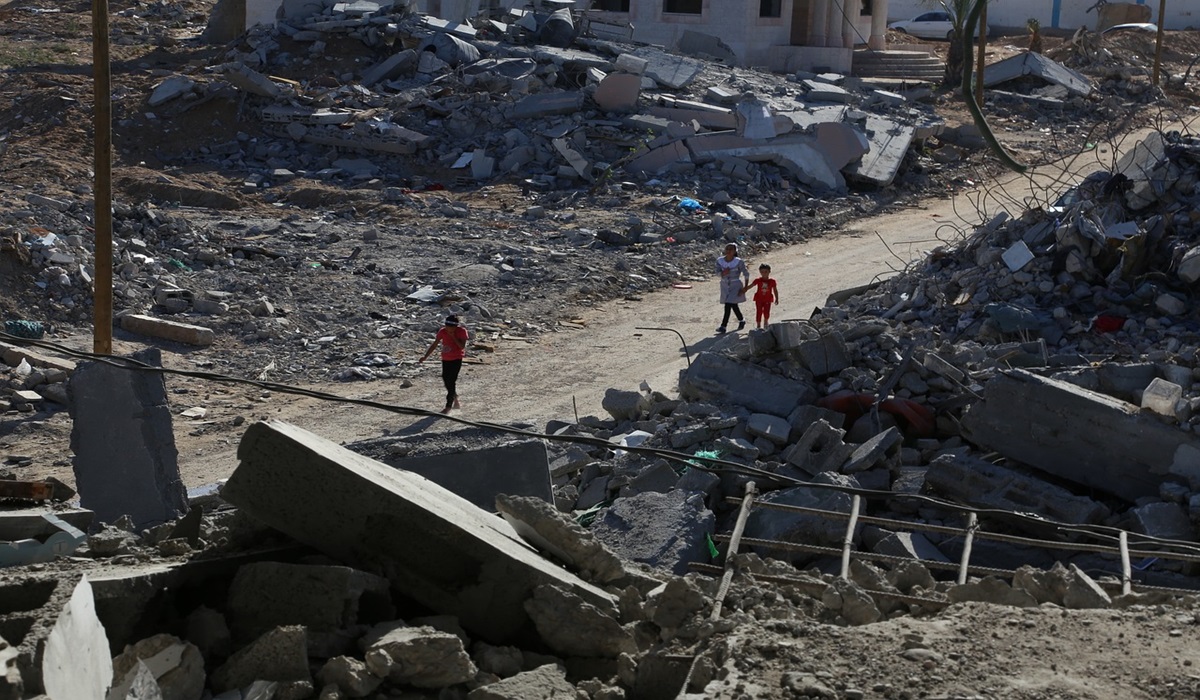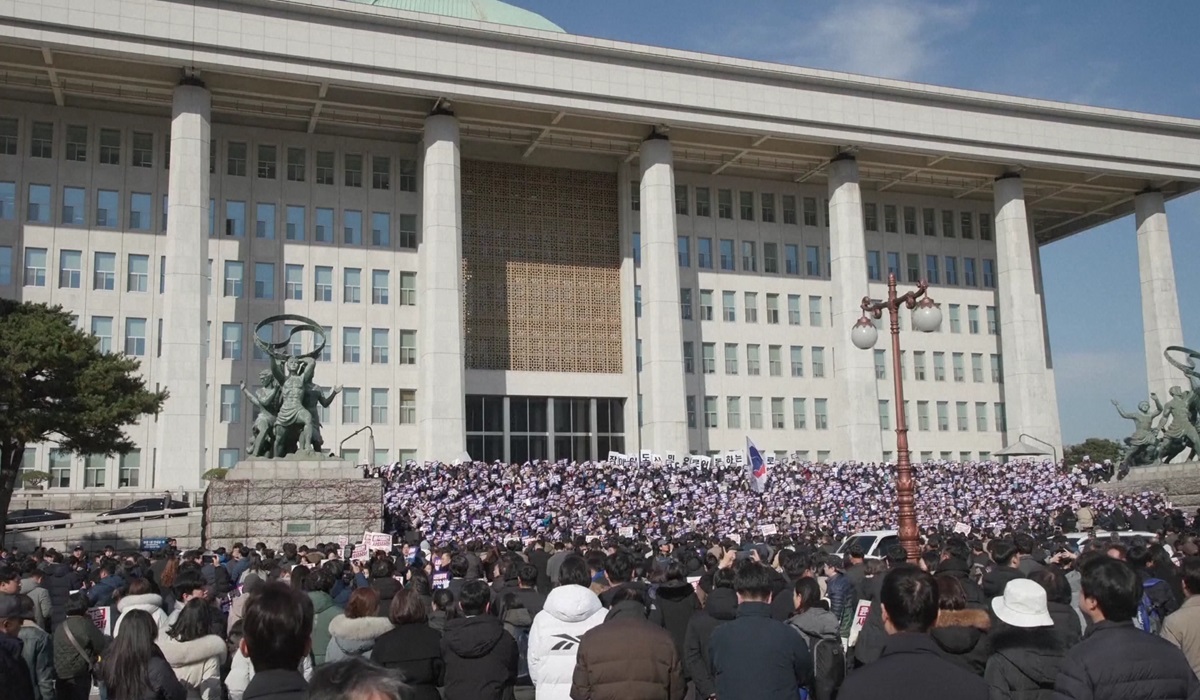Iran’s Missile Attack Israel: What It Means for Regional Stability and Global Powers
- TDS News
- Breaking News
- October 1, 2024

Iran has responded to Israel’s recent attacks by launching hypersonic missiles into the country, stating there will be no further action unless Israel continues its military operations.. Iran’s Islamic Revolutionary Guards Corps (IRGC) claimed responsibility for the strikes, stating that they were retaliating for the deaths of key figures such as Hezbollah leader Hassan Nasrallah, IRGC commander Abbas Nilforoushan, and Hamas leader Ismail Haniyeh, all of whom had been killed in recent months. According to Iranian state media, 80% of the missiles launched hit their targets, a claim supported by multiple videos circulating on social media and reports from some news organizations.
However, the Israeli Defense Forces (IDF) presented a starkly different narrative. They reported that their defense systems, including the much-praised Iron Dome, intercepted all of the missiles, with assistance from U.S. naval destroyers stationed in the region. This claim of complete missile interception is a critical piece of the IDF’s messaging, though it has faced scrutiny. While the Iron Dome is known for its effectiveness, Iran’s use of hypersonic missiles, which are more challenging to intercept, raises questions about the accuracy of the IDF’s statement.
Propaganda plays a key role in this conflict. On the one hand, Israel emphasizes its missile defense capabilities, reassuring its citizens and projecting military strength. On the other hand, Iran presents itself as capable of directly hitting strategic Israeli positions, fueling narratives of resistance. While the IDF claims no damage was done, videos and eyewitness accounts suggest otherwise, highlighting the propaganda wars at play.
Notably, Iran’s missile strikes have reportedly avoided civilian targets, instead focusing on military sites, according to multiple news outlets, including some Western sources. This contrasts with Israel’s recent bombings, which have led to significant civilian casualties and destruction of non-military infrastructure in Gaza and Lebanon. While both nations frame their actions in self-defense or retaliation, the impact on civilians continues to be uneven, with Israel’s airstrikes causing far more devastation in populated areas.
The broader implications of this escalation point to a potential destabilization of the region, with global powers such as the U.S. and U.K. having the leverage to influence the conflict. Despite their power to intervene diplomatically, their inaction suggests deeper geopolitical interests at play. As history has repeatedly shown, the real winners in wars are not the people but military contractors and elites who seek control of strategic resources.
As this conflict continues to unfold, the question remains: How long will civilians on both sides continue to suffer the consequences of a war driven by state agendas, military power, and external forces? War, after all, rarely brings peace—it only serves those who stand to profit from the destruction.








